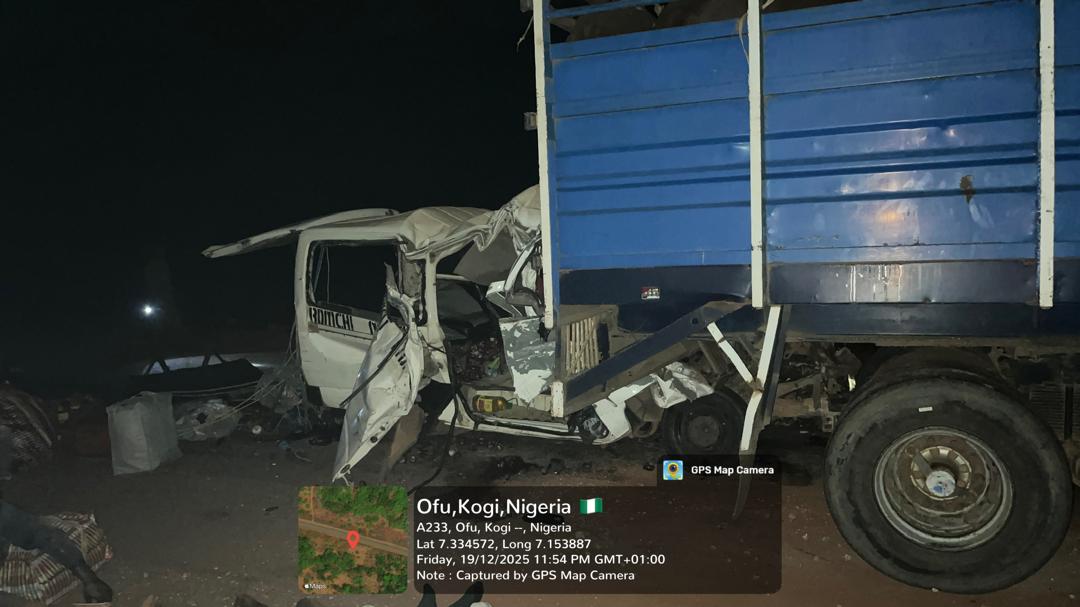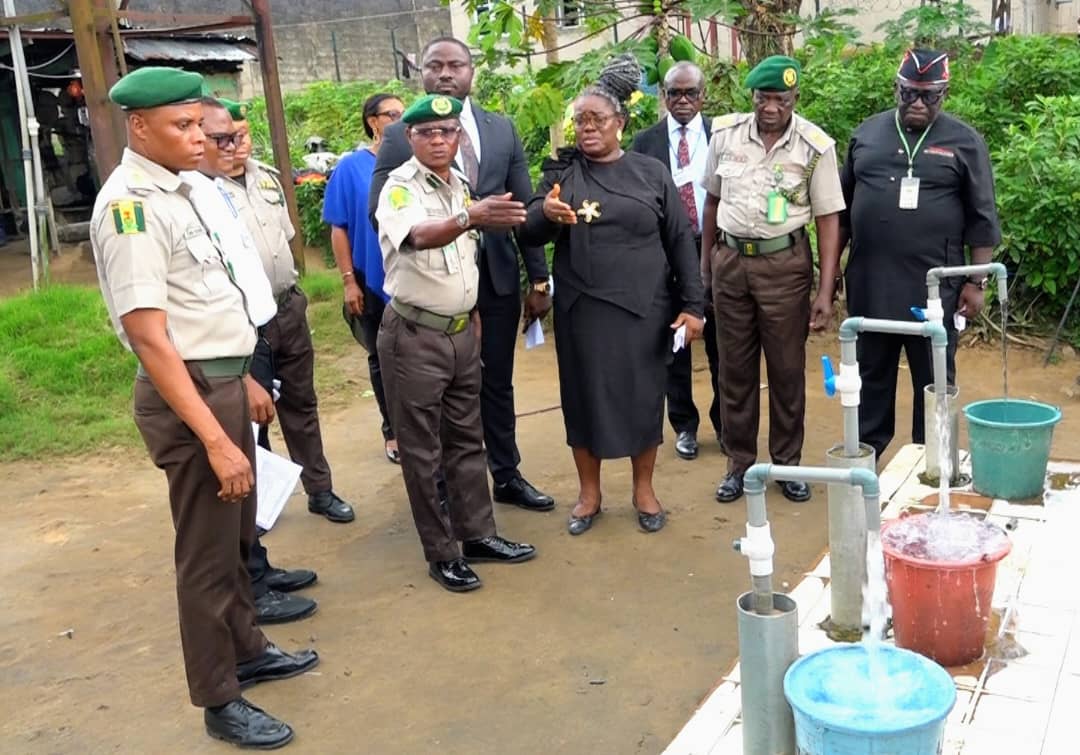By Martha Agas
A mental health expert, Chioma Onyemobi, has urged conflict reporters to guard their mental health by prioritising self-care as they cover wars, insurgencies, communal clashes, and political unrest.
Onyemobi, made the call at the mental health session of the maiden HumAngle Fellowship for Reporting Conflict and Missing Persons (HCMPF) on Wednesday in Abuja.
The News Agency of Nigeria (NAN) reports that the fellowship was organised by HumAngle in collaboration with the International Committee of the Red Cross (ICRC).
The Lead Psychologist at HumAngle said that adopting self- care was necessary for conflict reporters due to the nature of their work, which involves examining psychological impacts of conflict on individuals and communities.
She explained that conflict reporters were prone to secondary trauma due to constant encounters with distressing stories in the course of their work.
“Conflict reporters operate under immense psychological strain, often working in environments filled with danger and intense emotion.
“To stay grounded and avoid burn out, they must practise deliberate self-care and emotional maintenance strategies that support both their mental and physical well-being, “ she said.
She urged conflict reporters to foster supportive relationships with peers who share similar experiences on the demands and emotional toll of conflict reporting.
According to her, peer support groups can help reporters process emotions and strengthen their resilience.
The expert said reporters should use techniques such as deep breathing, meditation, or grounding exercises to stay grounded during and after high stress assignments.
She added that they should prioritise their physical health by getting adequate sleep, eating balanced meals and engaging in regular physical activities.
According to her, because conflict reporters work in unpredictable environments where they frequently witness violence, tragedy and loss, they require emotional resilience to maintain both mental well-being and professional effectiveness.
She said many journalists were constantly exposed to trauma and may develop symptoms resembling Post-Traumatic Stress Disorder (PTSD), a mental health condition that could occur after experiencing or witnessing traumatic events including emotional suppression.
“Because crisis reporting moves so quickly, journalists often feel pressured to suppress their emotions just to keep going.
“Overtime, this emotional shut down can lead to burnout, anxiety and depression, “ she said.





